Your Ultimate Guide to DeFi Wallet Apps
Discover how to choose the right DeFi wallet app. This guide covers features, security, and strategies to turn your wallet into a powerful trading tool.

February 8, 2026
Wallet Finder

November 26, 2025
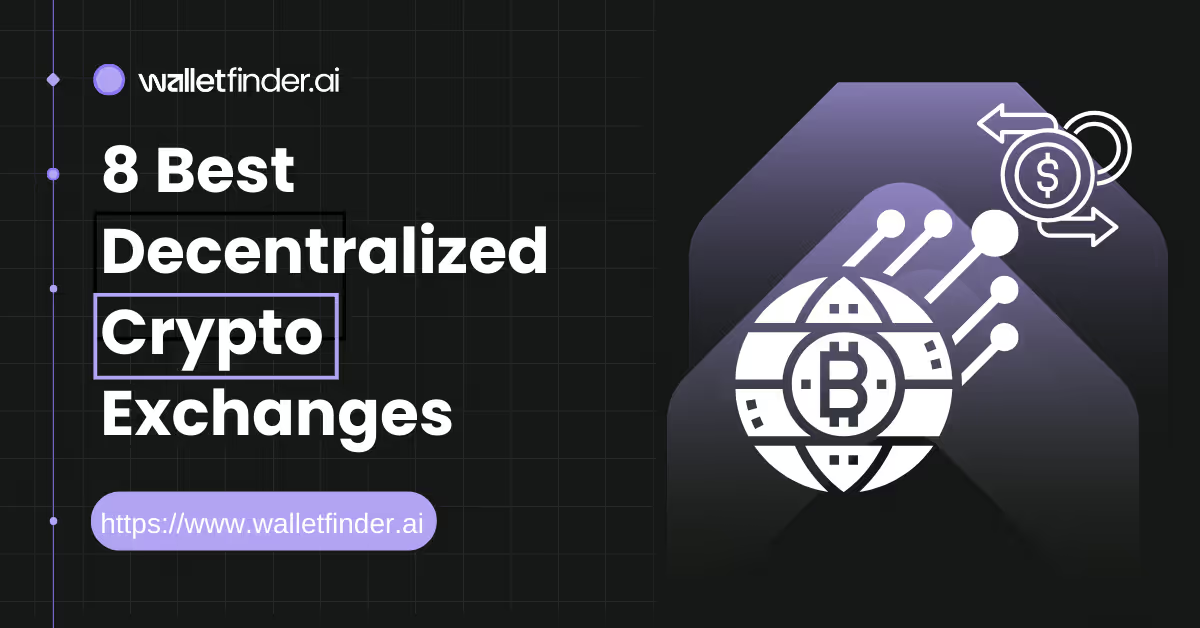
If you have ever traded crypto on a platform like Binance or Coinbase, you have used a centralized exchange. These platforms deposit your funds in a central bank-like account, wherein every verification, along with trading, is done for you by the exchange. They are quite simple, but the trustworthiness of your funds lies with a central authority or middleman.
Now, picture trading without that middleman.
You get to connect your digital wallets, trade directly with users, and your funds remain with you all throughout. No signups. No KYC. And no account unlocking while you beg for support. Just pure on-chain peer-to-peer crypto transactions.
Considering how many DEXs exist, it can be challenging to determine which are worth your time. That is where Wallet Finder.ai comes in. It informs you which tokens to trade and helps track the wallets of profit-making traders to analyze their trading activities. It is suitable for both seasoned traders and newcomers alike. Using Wallet Finder.ai alongside top DEXs helps you analyze profitable wallets and trades, enabling more data-driven decisions. To protect your investments, our 7 Best Crypto Scam Checkers guide highlights tools that help identify fraudulent tokens and risky projects before you trade.
A decentralized crypto exchange (DEX) actually serves as a platform for individuals to trade digital assets among themselves. No centralized exchange allows crypto to reside on its servers. DEXs rely solely on blockchain technology, where trades occur on-chain.
There are a few types of decentralized exchanges:
Platforms like Uniswap V3 and PancakeSwap are AMM-based. They do not match buyers with sellers. Instead, users trade directly against liquidity pools that the crowd fills and earns fees for their participation.
AMMs cater to traders seeking instant, permissionless swaps via liquidity pools, though low‑liquidity pools can suffer slippage and impermanent loss during volatile market conditions.
Order Book DEXs could easily pass for typical exchanges. You leave a buy or sell request in the system, and a trader will match with you in the opposite direction. The most popular examples would have to be dYdX and the on-chain trading tools of Kraken.
Order book DEXs are popular with experienced traders and with others who want more control over the pricing and timing of trades.
Platforms like Jupiter serve as liquidity providers for the entire chain. They aggregate liquidity from multiple DEXs to secure the best price and lowest fees for your chosen trading pair. It is excellent for beginner investors who want to avoid the hassle of manual price comparison for every crypto trading platform.
Not all decentralized exchanges are alike. Some are better suited for beginners, while others suit advanced users.
Here are things to be on the lookout for when picking the right decentralized crypto exchange for your crypto investments.
Prioritize security at all times. Evaluate a DEX’s security by checking for audited smart contracts, robust encryption, and a transparent, experienced development team. A strong community and a transparent team will also build confidence.
You do not want to be left high and dry when no one holds the opposite end of your trade.
It is necessary to make sure that the exchange has a wide range of digital currencies and trading volume sufficient to accommodate them. Low liquidity typically leads to larger price slippage and poorer execution prices.
While some DEXs charge fixed trading fees, others vary their fees based on the activity of the account user. Even the slightest fees will dig into your profit margins if you are an active trader. Slippage is the price difference you incur when your final trade price is worse than expected.
A confusing interface can get one into a lot of trouble. A great crypto app platform should allow you to easily connect your wallet, swap tokens, and bridge assets across chains.
Cross-chain capabilities. If you trade between different blockchain networks, you will have to depend on a crypto trading platform that operates across several chains. Aggregator DEXes render the finest services.
They check for the best price and liquidity among multiple chains. It is great for active users out there who want access to tokens that are chained beyond Ethereum.
It becomes easier to trade if you can track what smart traders are doing.
Platforms such as Wallet Finder.ai help track profitable wallets and identify which tokens are being bought or sold, allowing users to align their trades with the investment objectives of top wallets while also avoiding unnecessary risks.
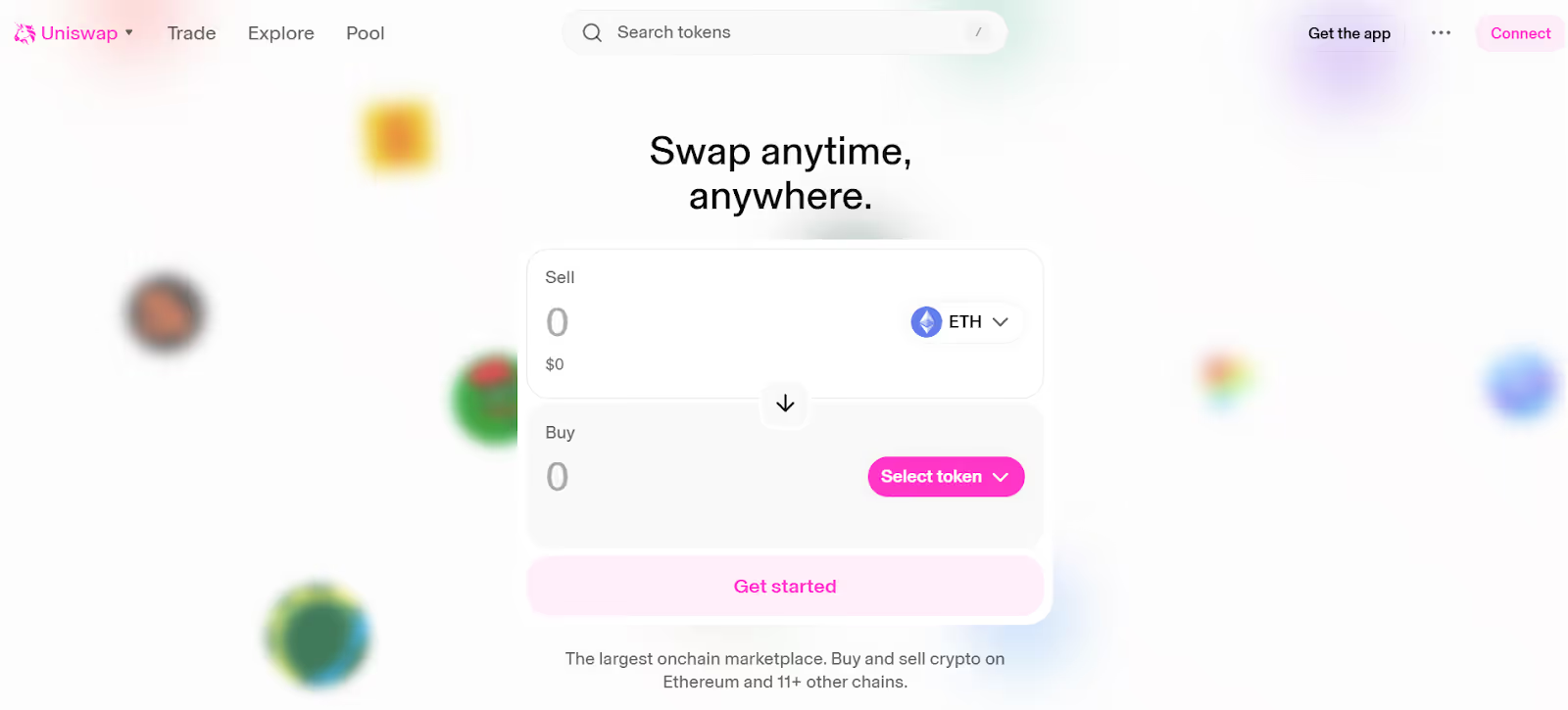
Uniswap is one of the most used decentralized crypto exchanges on Ethereum. It employs the automated market maker (AMM) model to allow users to swap tokens freely without any intermediary authority, as is the case with centralized exchanges. It offers numerous tokens to every user and allows complete possession in every trade involving its wallet.
● Concentrated liquidity pools
● Token swaps on Ethereum & Layer 2 networks
● NFT-based liquidity positions
● Slippage control
Liquidity providers can allocate funds to a particular price range, which allows the liquidity provider to earn more trading fees with less capital being utilized.
Each liquidity position is stored as an NFT, providing providers with flexibility and detailed ownership over each position.
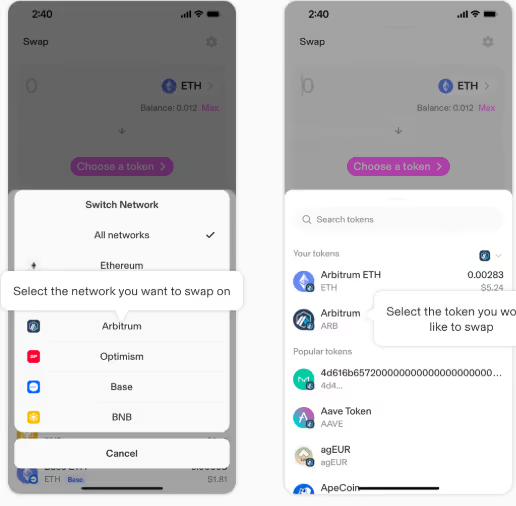
Uniswap V3 also extends support to the Arbitrum and Optimism, allowing all users to trade in a gas-efficient and fast manner while remaining within the Ethereum ecosystem.
● No signup or personal info needed
● High liquidity
● Works with a wide range of tokens
● Flexible fee tiers
● Expensive Ethereum gas fees
● Not ideal for beginner investors
● No fiat support or direct bank transfers
● 0.05%, 0.3%, or 1% trading fees depending on the pool
● Ethereum network gas fees (varies by traffic)
Most trusted in digital currency trading, Uniswap V3 is primarily Ethereum or Layer 2-centric, where users have greater flexibility over their trades. You can use Wallet Finder.ai to track top wallets trading at Uniswap and see how they do their magic for even better results.
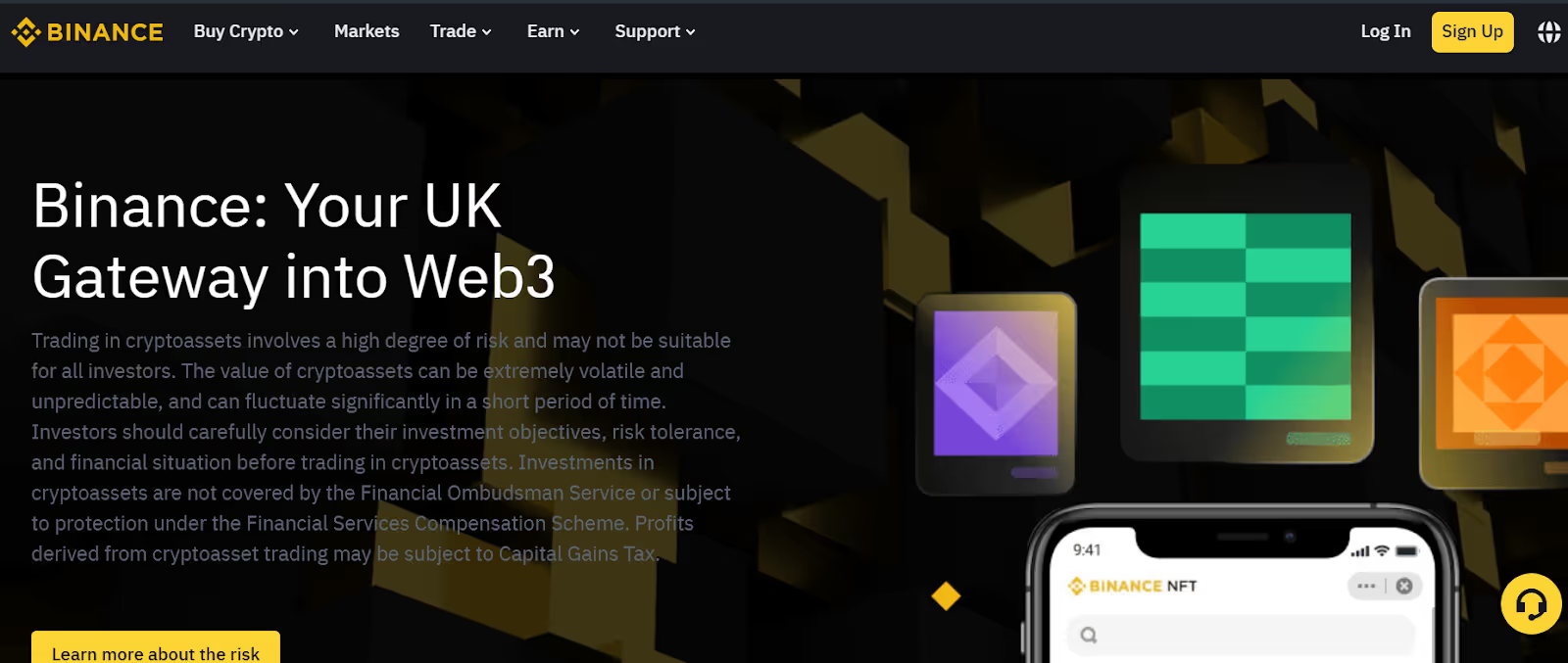
Binance DEX is the decentralized exchange for the Binance ecosystem built on its Binance blockchain. In contrast to the centralized exchange, Binance DEX allows users to trade cryptocurrencies directly from their wallets without handing over to a central authority. This on-chain order book is used for immediate transactions between peers at a very small trading fee.
● On-chain order book
● Token issuance & management
● Trading pairs based on BEP-2 token standard
● Built-in token listing
● Issue exchange coins
All orders entered into the chain, matched, and settled offer full visibility and transparency over trading.
On the Binance chain, projects can create and manage new tokens, choosing their symbol and freezing them.
Binance supports trading and managing a wide variety of BEP-2 assets.
● Low trading fees
● Fully decentralized with no account signup
● Low slippage
● Only supports Binance Chain
● Complicated interface for beginner investors
● Smaller trading volume
Binance has a 0.10% spot-trading fee (non-VIP users).
If you feel comfortable using a conventional order book for a decentralized trading platform, you should make use of the Binance DEX. Although it is not designed for multi-chain interoperability, its support for BEP-2 token trading is sufficient. If you're active on Binance Chain, there is also Wallet Finder.ai, which can show you the wallets making the best trades and let you apply similar strategies.
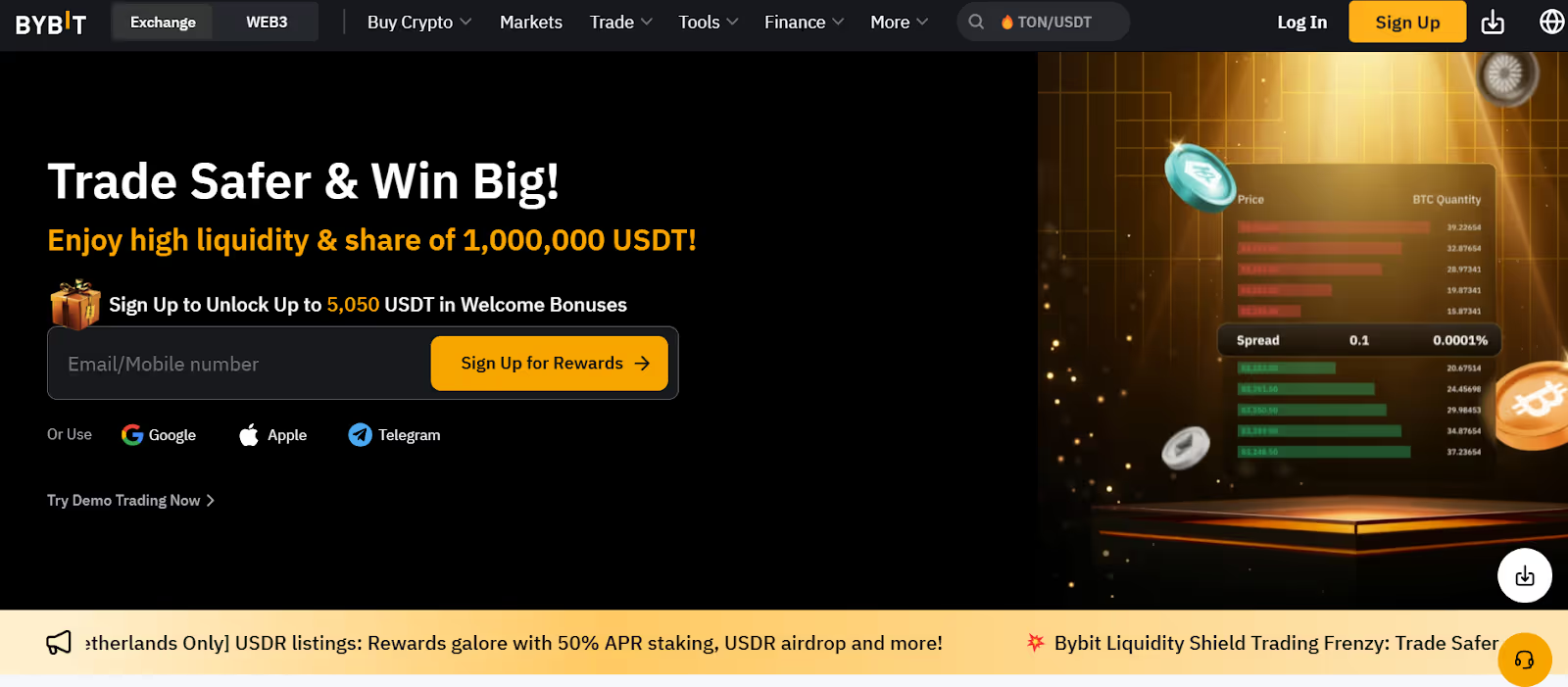
Bybit is a crypto trading platform mostly associated with spot and futures trading and provides tools for trading digital currency across multiple assets. They also have a DEX named “Bybit Web3 DEX Pro,” which offers deep liquidity, fast execution, and a wide array of trading products.
● Multi-asset support
● Perpetual future trading
● Advanced charting
● Copy trading with trader stats
● Wallet management
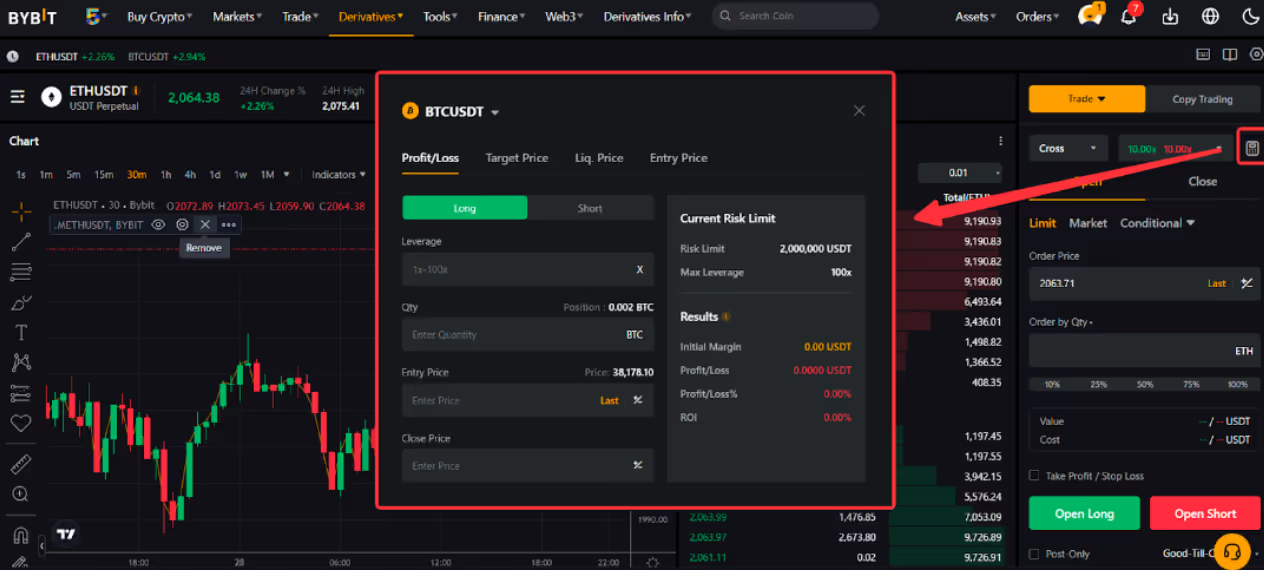
Bybit is known for its perpetual exchange feature, creating leveraged long-and-short trades without expiry and attracting experienced traders.
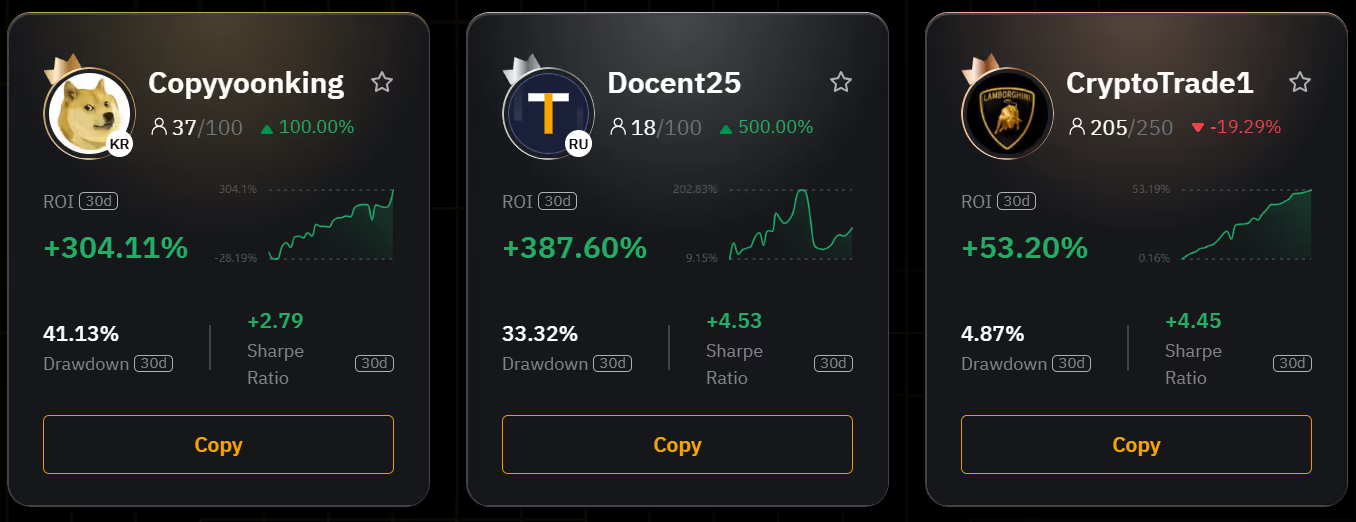
It gives users the opportunity to copy the trades of seasoned investors depending on their success rate and strategies, making it appealing to beginners and passive users.
Bybit embraces a wide array of digital currencies such as major coins, altcoins, and stablecoins. It enables users to trade across various blockchain networks without needing to switch platforms.
● Simple interface for both mobile and desktop users
● Built-in copy trading option
● High liquidity and fast trade execution
● Not a decentralized protocol
● Requires identity verification for full access
● May be overwhelming for newer users
● Spot: 0.1% maker / 0.1% taker
● Futures: 0.02% maker / 0.055% taker
Prices fluctuate based on market trends.
Users of Bybit enjoy a no-holds-barred range of crypto trading features, from basic to professional. It is not a decentralized exchange, although it has a lot of trader data overlapping with what tools like Wallet Finder.ai specialize in - tracking smart trades, identifying winners, and making informed decisions.
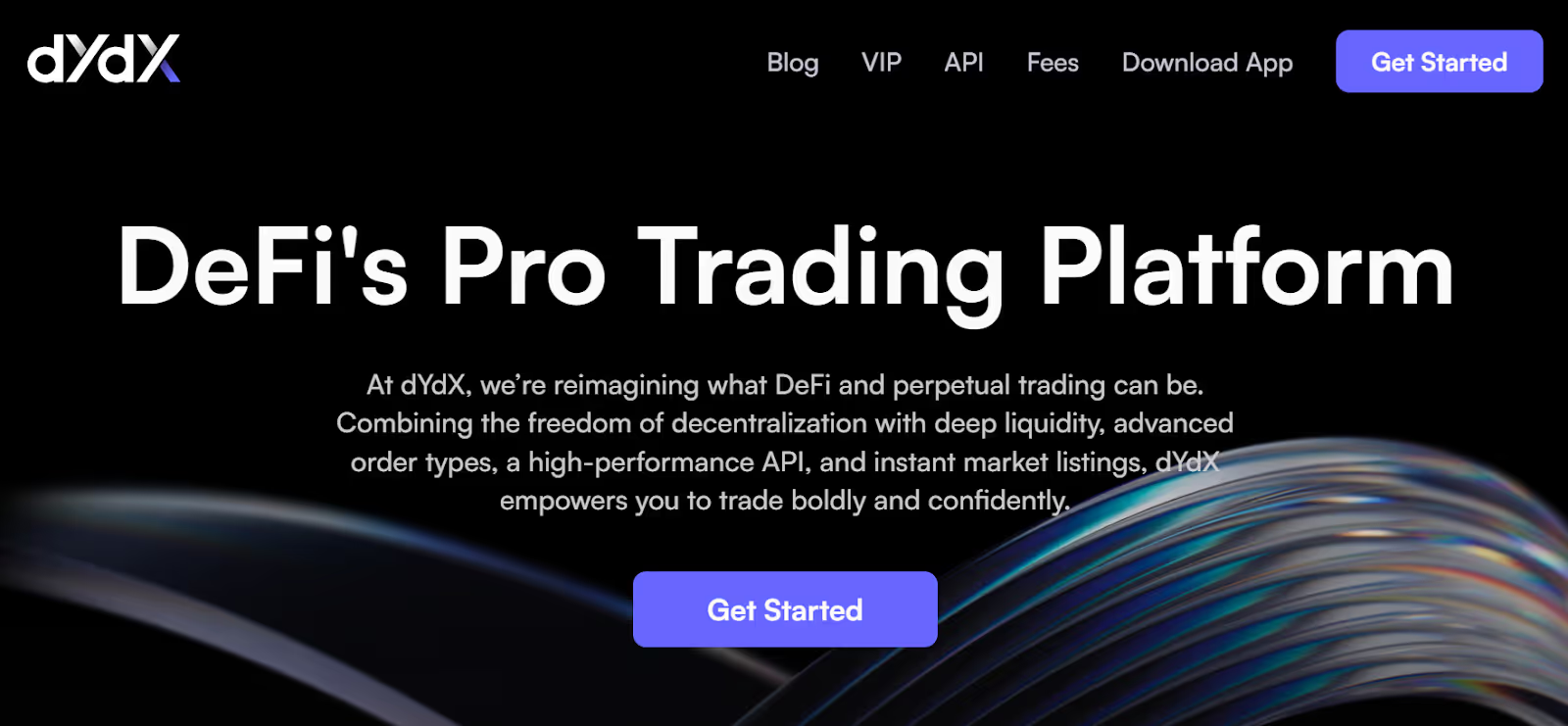
dYdX is a decentralized crypto exchange, created particularly for trading perpetual futures. Unlike most other decentralized exchanges that have invented an automated market maker model, dYdX uses an on-chain order book model. StarkEx enables it to run on a Layer-2 construction of Ethereum, thus helping to reduce costs and speeds.
● Perpetual contracts with leverage (up to 20x)
● On-chain order book
● Margin trading support
● Built-in charting
● API for automated strategies
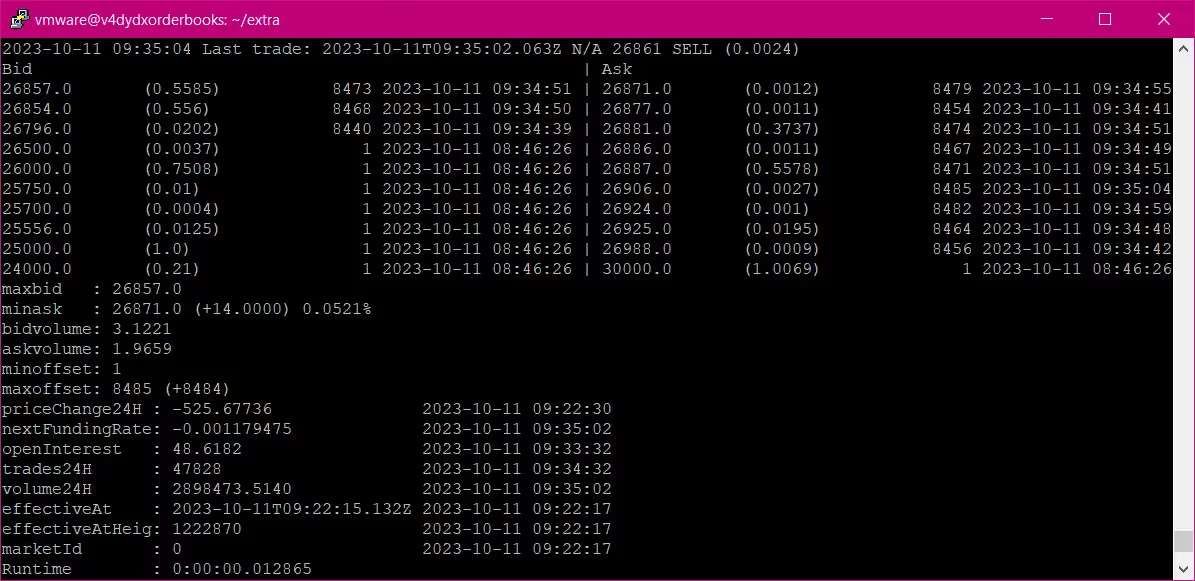
dYdX functions like conventional exchanges with a running order book. The creation of highly precise trading opportunities is unimaginable under an AMM-based DEX structure.
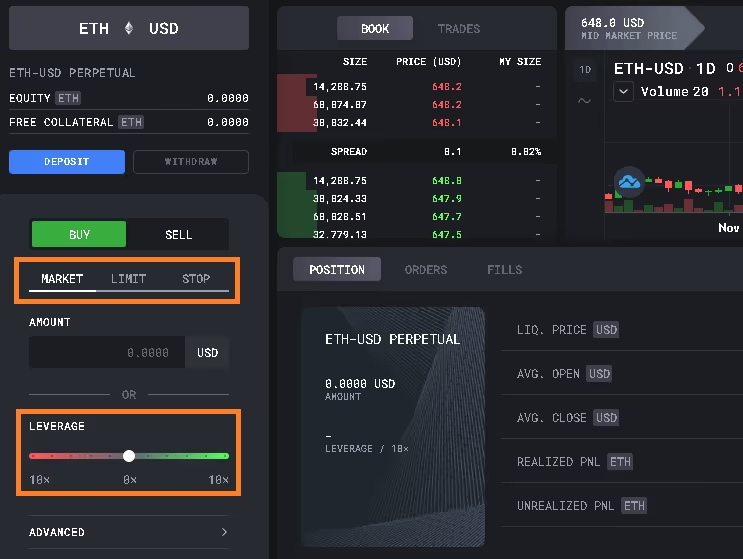
The dYdX system allows margin trades whereby long and short positions can be taken using borrowed funds directly from the user's wallet.
Trade with leverage and without expiry dates, making it a go-to platform for seasoned traders.
● No gas fees on Layer 2
● Trading flexibility
● Professional interface with advanced tools
● Not beginner-friendly
● No support for spot trading or token swaps
● Available features may differ based on your country
● Taker fee: 5.0 to 2.5
● Maker fee: 1.0 to -1.1
Fees fluctuate depending on your trading volume
dYdX was designed for traders who are looking for more than simple token swaps. If you’re after fast, low-cost transactions without leaving the decentralized finance space, dYdX is the one. Existing users who track advanced wallet activity using tools such as Wallet Finder.ai will find the interface easy to use.
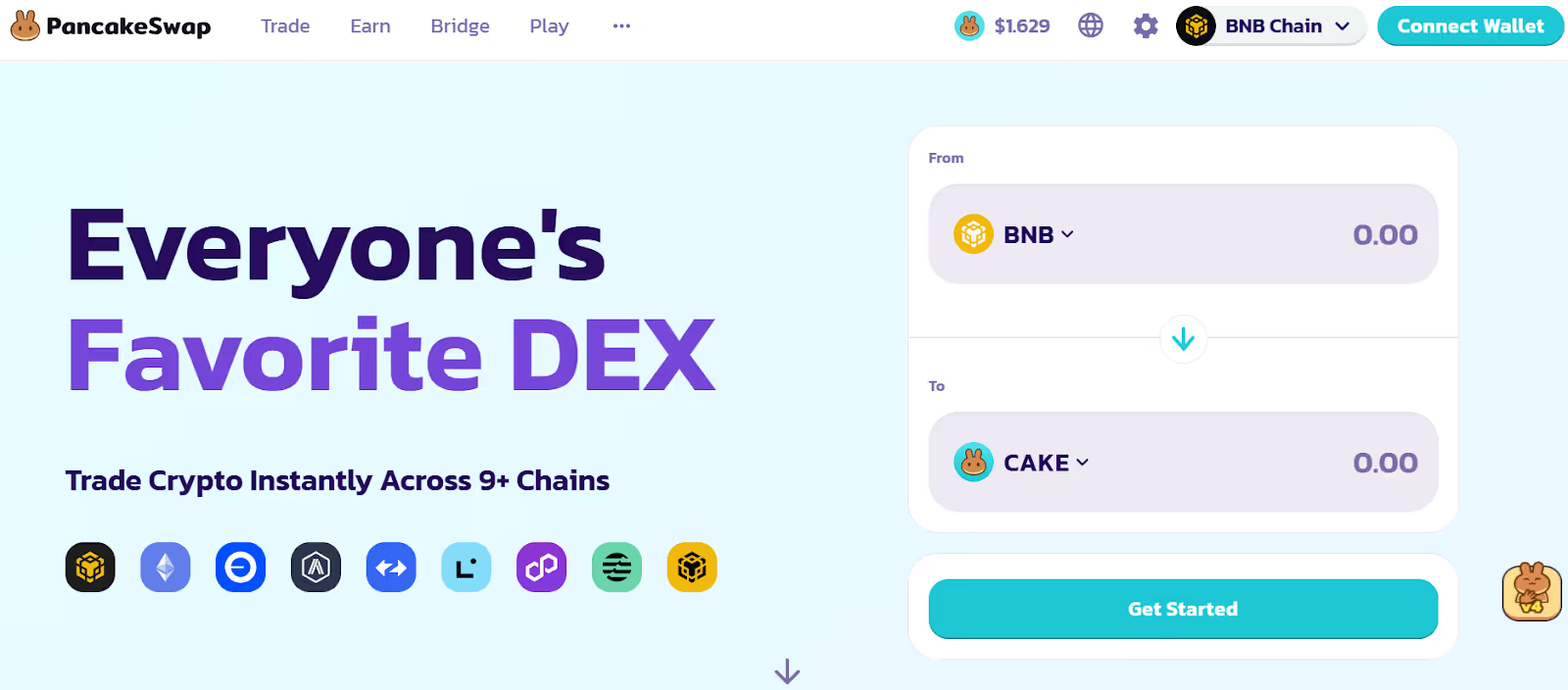
PancakeSwap is another decentralized crypto exchange built on BNB Chain. The platform adopts the automated market maker model because there are no order books to facilitate its inter-currency trading. All tokens are exchanged via pooled liquidity. It is popular due to quick exchanges with relatively less trading fees and an exciting user interface for crypto traders.
● Token swapping with liquidity pools
● Yield farming and staking
● Lottery, prediction market, & NFTs
● Liquidity provider tools
● Token launches via IFO
The trades are in direct contact with liquidity pools, providing quick access to thousands of tokens without the need for any centralized platform.
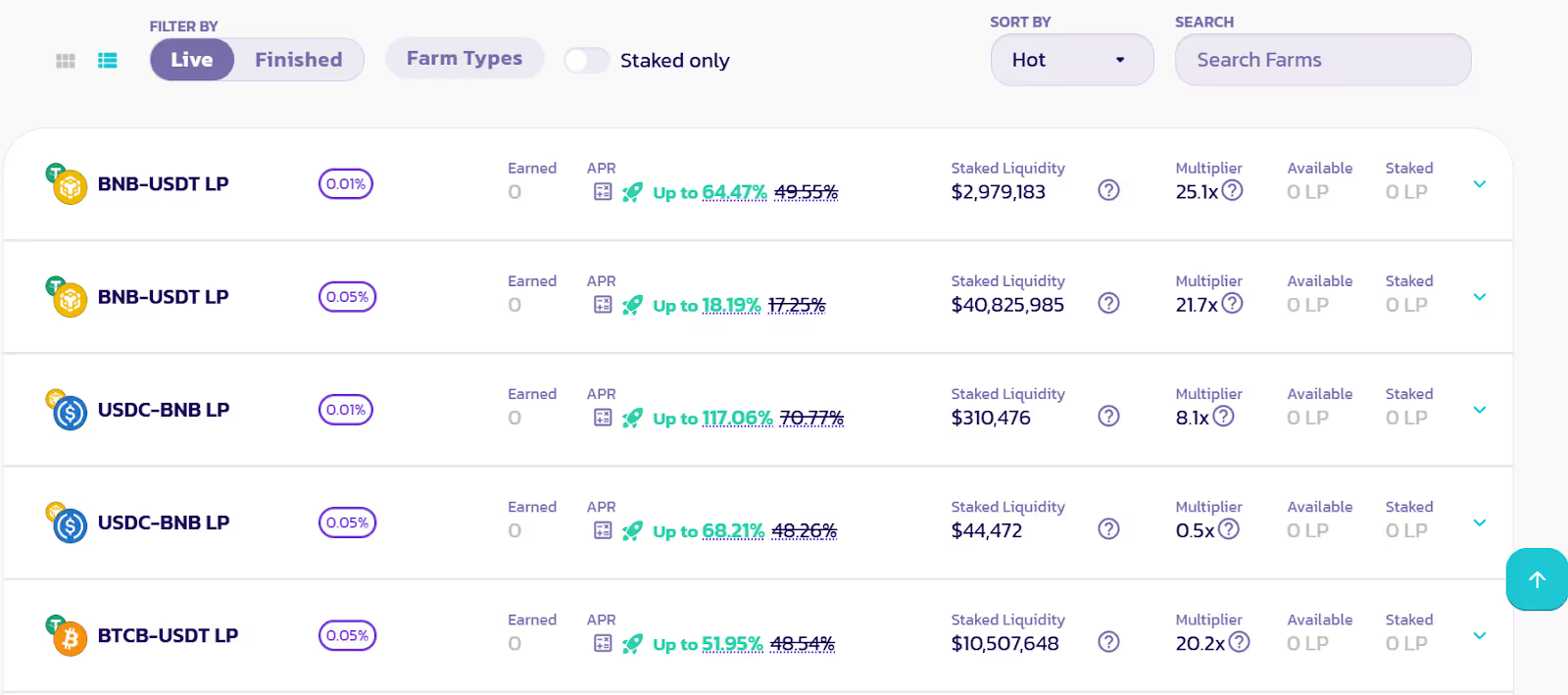
Users have access to more earning opportunities with their digital assets by providing liquidity or staking CAKE (native token) to earn rewards.
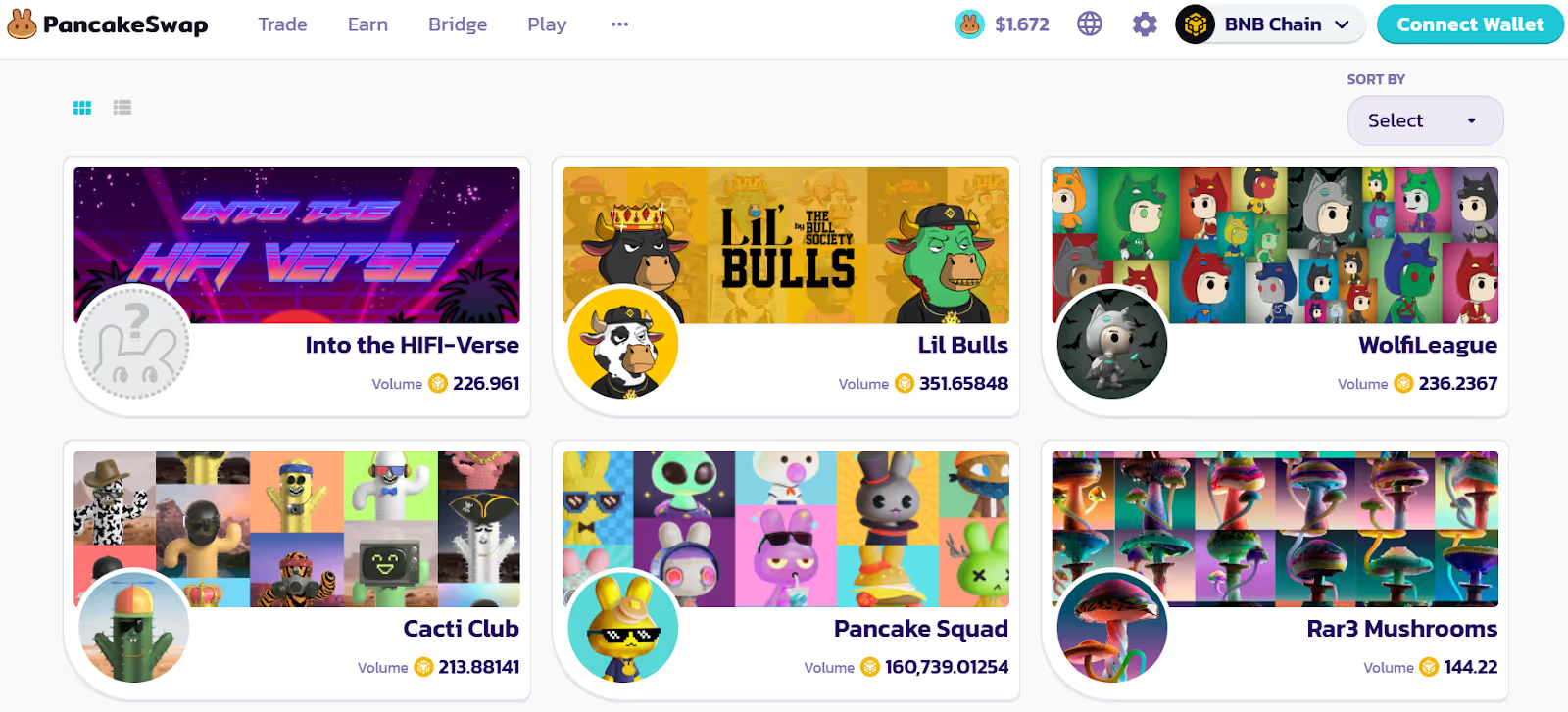
PancakeSwap also has lottery games, prediction games, and an NFT marketplace besides the normal trading of tokens.
● Low trading fees
● Works well with mobile and browser wallets
● Runs only on BNB Chain
● Some tokens have low liquidity or unknown risks
● Unprofessional interface for some users
● 0.25% per token swap (0.17% goes to liquidity providers)
No deposit or withdrawal fees. Gas fees are paid in BNB and are usually low.
PancakeSwap is good for fast swapping coupled with low fees and access to many other features as a decentralized exchange. More than this, it is ideal for the users actively engaging with BNB Chain for purposes besides trading like staking, farming, and early access to tokens.
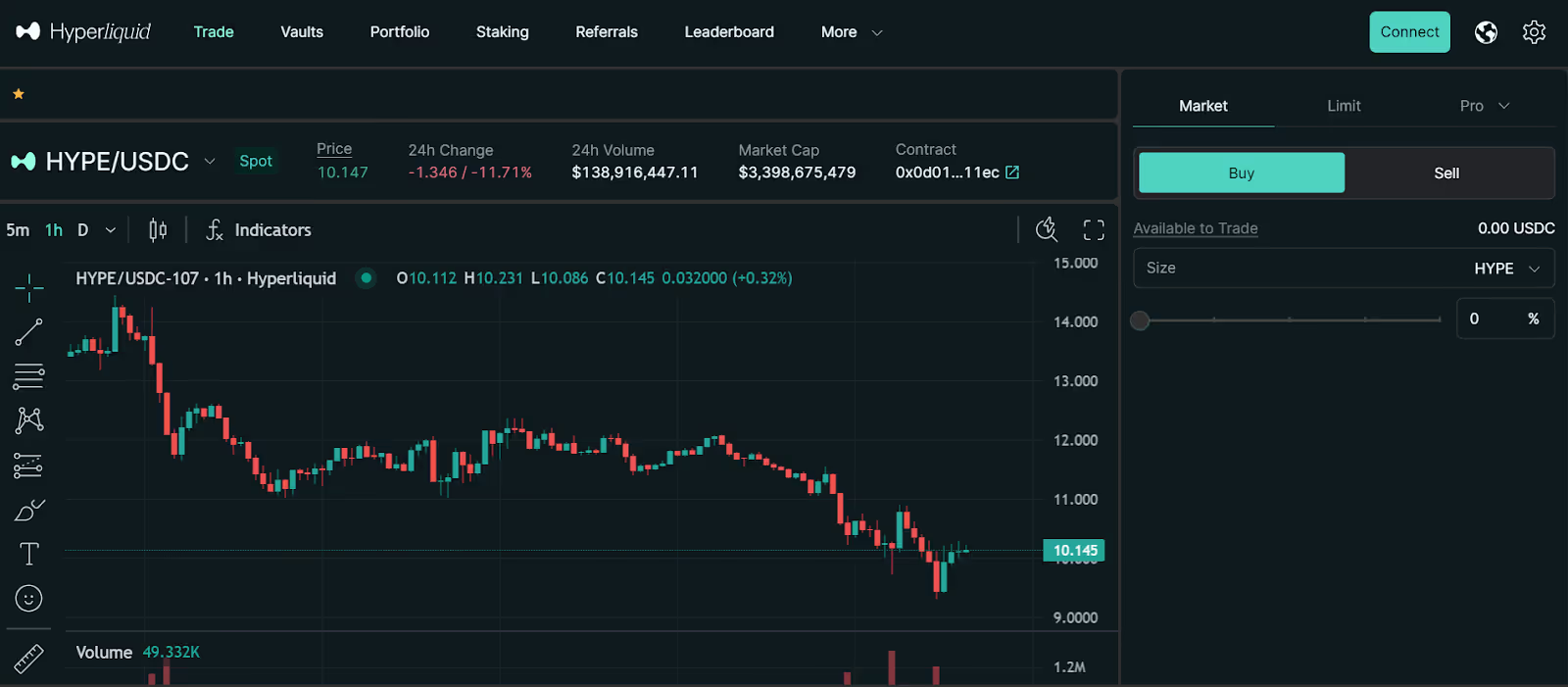
Hyperliquid is a decentralized crypto exchange focused on perpetual futures trading. It runs entirely on-chain with no central authority or external wallets required. It is built for professional traders who seek fast trading at low latencies in complete control over funds without losing performance.
● Native account system
● Custom-built blockchain
● Order books
● Wallet performance tools
● Limit, market, and conditional orders
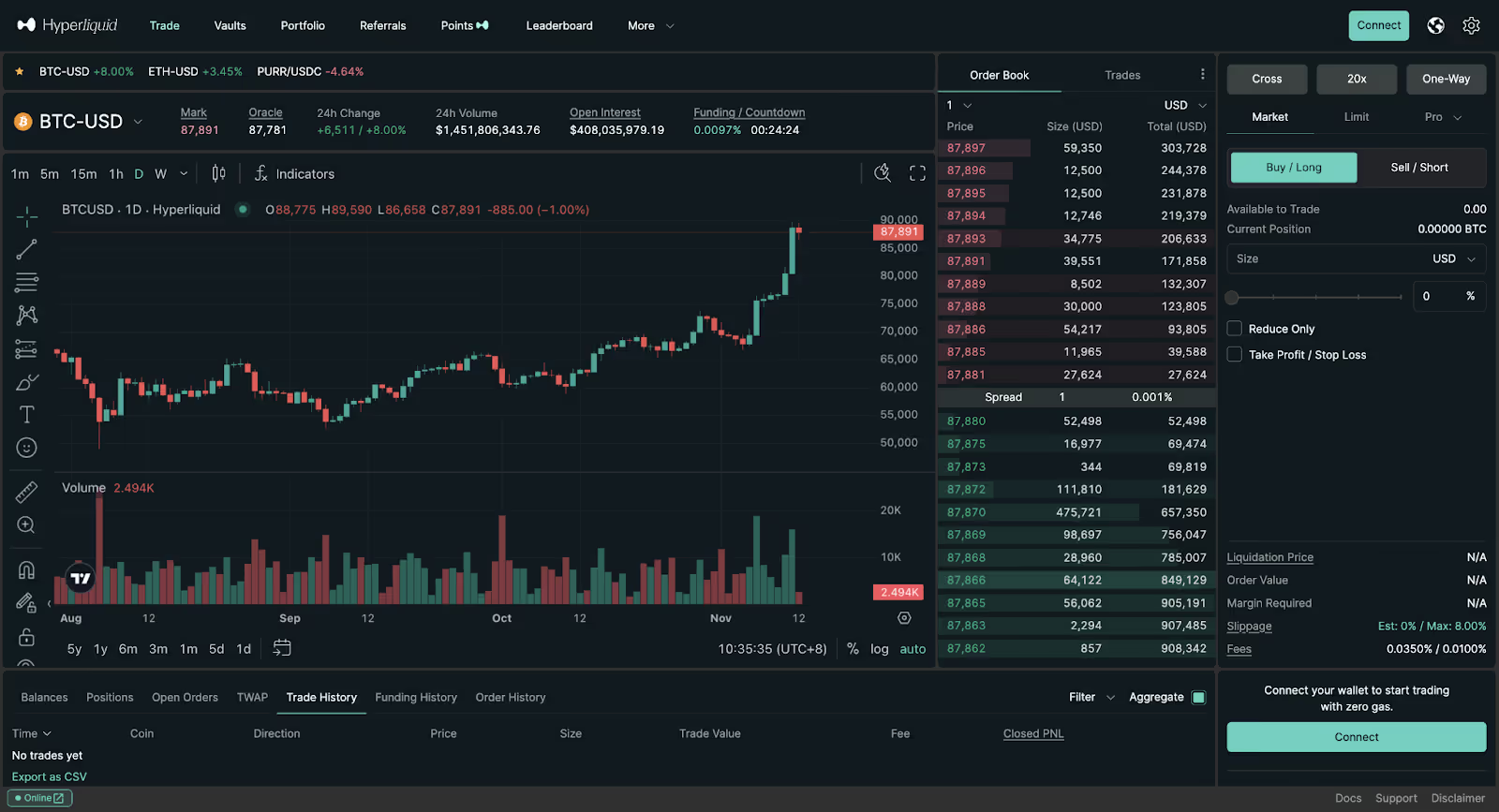
All on-chain exchanges settle on their own specialized infrastructure of Hyperliquid with the transaction of up to 50x leverage without a third-party wallet.
Hyperliquid's personal blockchain ensures rapid execution and easy trading through the market's turbulence.
It enables tracking the trading history and performance of the wallet level directly for full exposure to crypto transactions.
● No wallet extensions needed
● Fast performance
● Focused on leveraged trading
● Not beginner-friendly
● Focused only on perpetual contracts (no spot trading)
● Maker fee: 0.035% to 0.019%
● Taker fee: 0.010% to 0.000%
Fees fluctuate depending on your trading volume and the tiers chosen.
Hyperliquid serves the needs of crypto traders who want speed, leverage, and transparency without relying on a centralized exchange. It's an ideal pairing of design and wallet-level data tracking with platforms like Wallet Finder.ai, especially for users interested in following wallet performance closely.
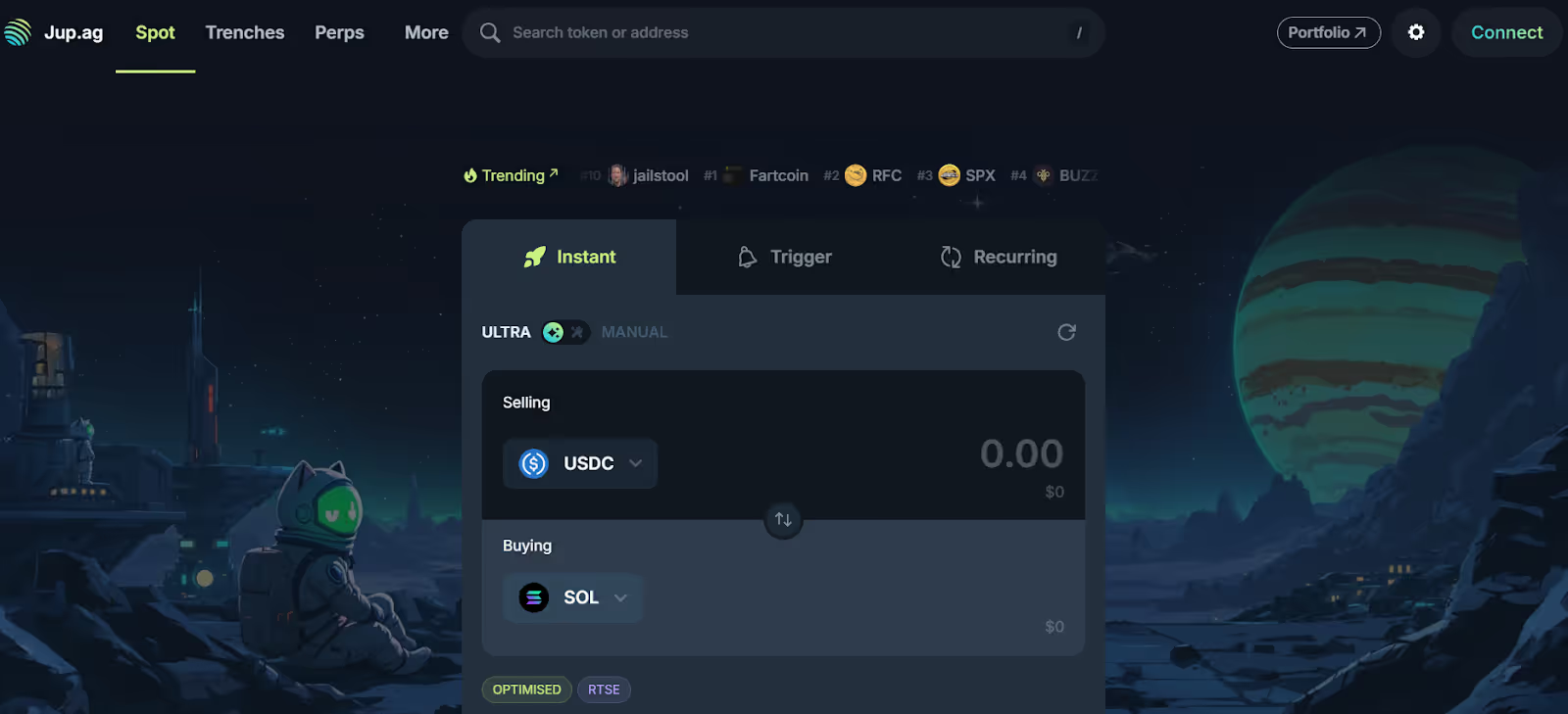
Jupiter is an excellent decentralized exchange aggregator based on Solana blockchain. Jupiter will search many Solana-based DEXs for the token swap rates users are interested in. Instead of offering its liquidity, Jupiter connects to other platforms to give the users better prices, lower slippage, and more efficient trade execution.
● Solana wallet integration
● Token swaps across various pools
● Swap aggregation engine
● Jupiter preps
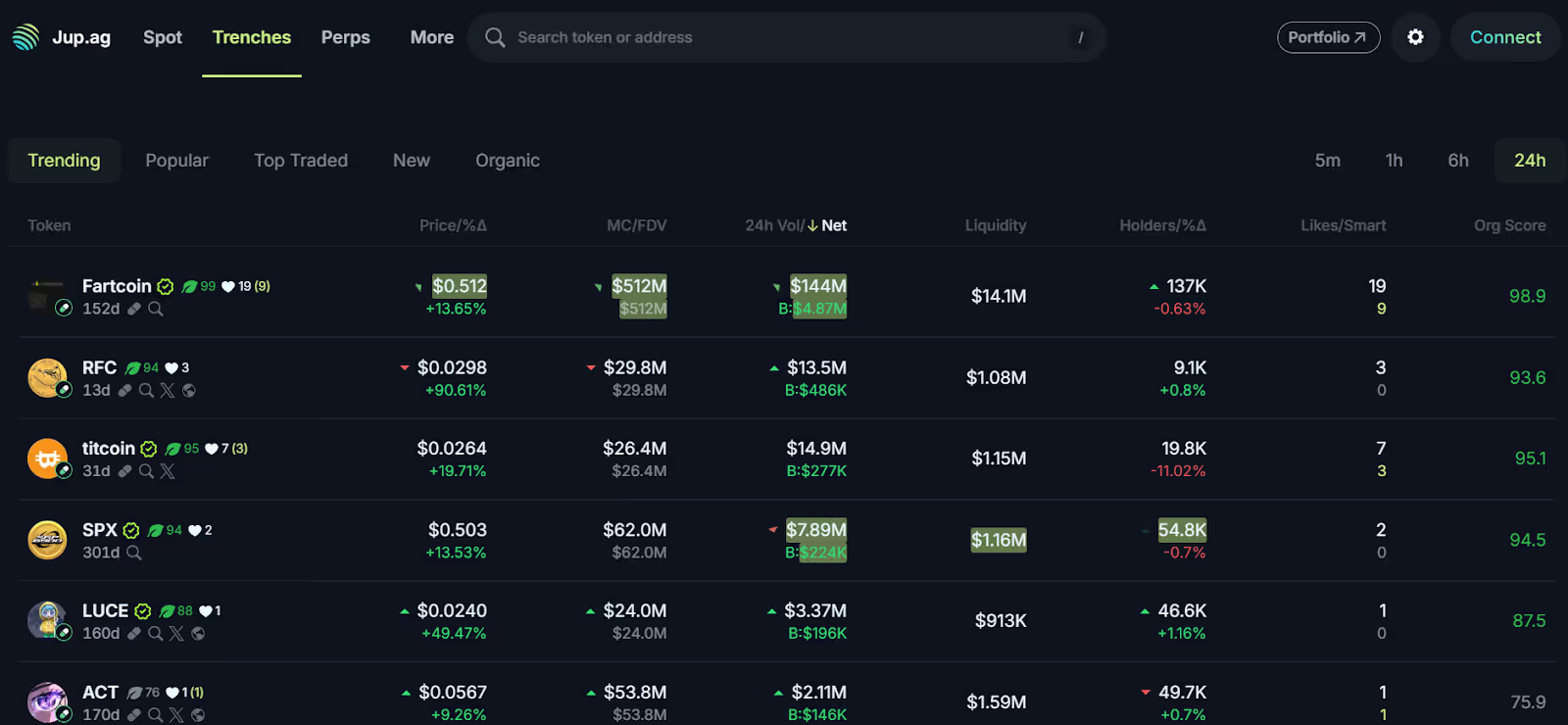
Jupiter scans multiple Solana DEXes to access the best swap rates and optimal routes, hence providing less slippage for its users.
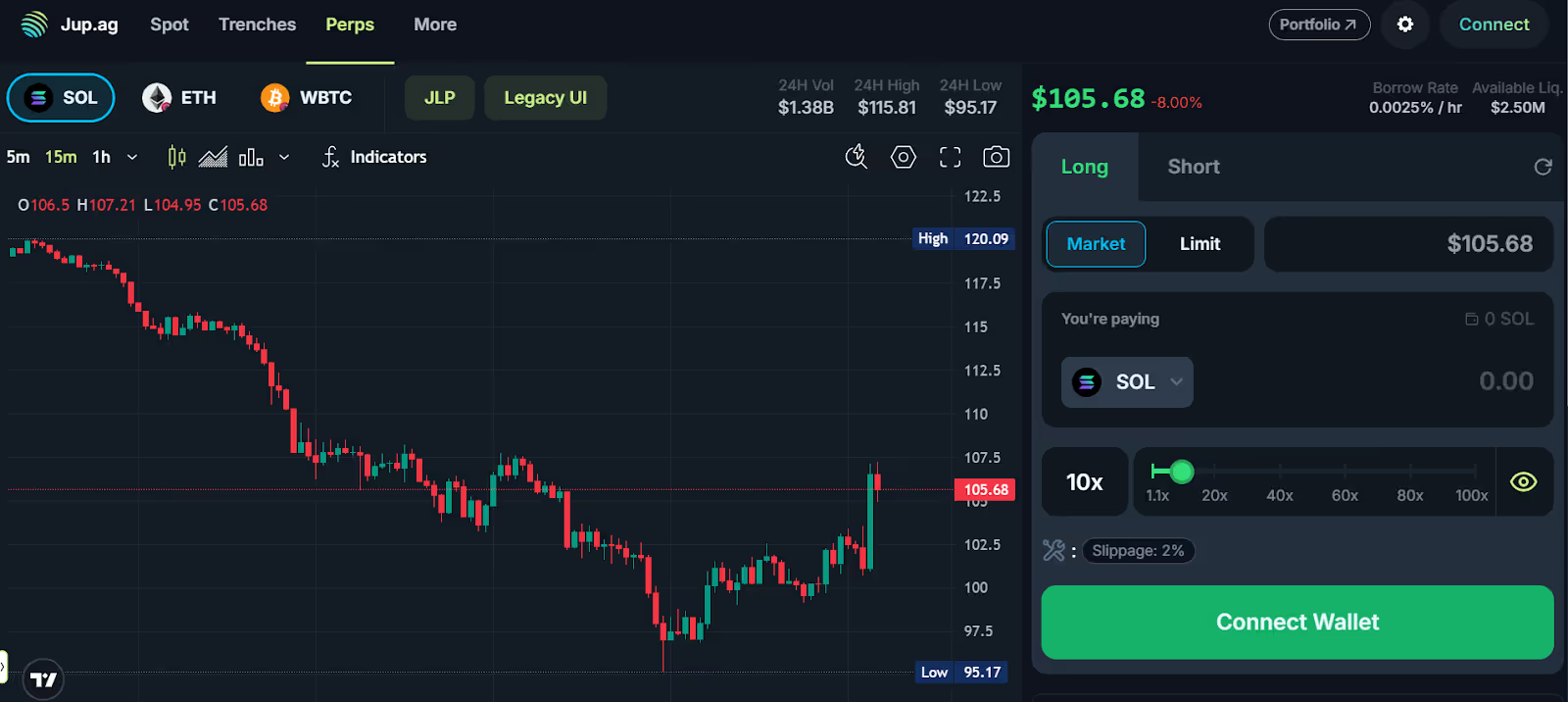
For users looking for long and short assets based on Solana with leverage, Jupiter allows perpetual exchange trading.
Jupiter integrates seamlessly with popular Solana wallets, allowing you to swap tokens directly from your digital wallet without any need to go through a centralized site.
● Fast & low-cost swaps
● Simple interface
● No staking or yield farming
● Only compatible with Solana
Fees are customized.
Jupiter enables trading over Solana with the best rate, without having to check every DEX manually. It is quick and lighter. Better prices can be achieved with less effort. For those who are following wallet strategies done on Solana, Wallet Finder.ai helps in finding the wallets that use Jupiter and copying those trades more confidently.
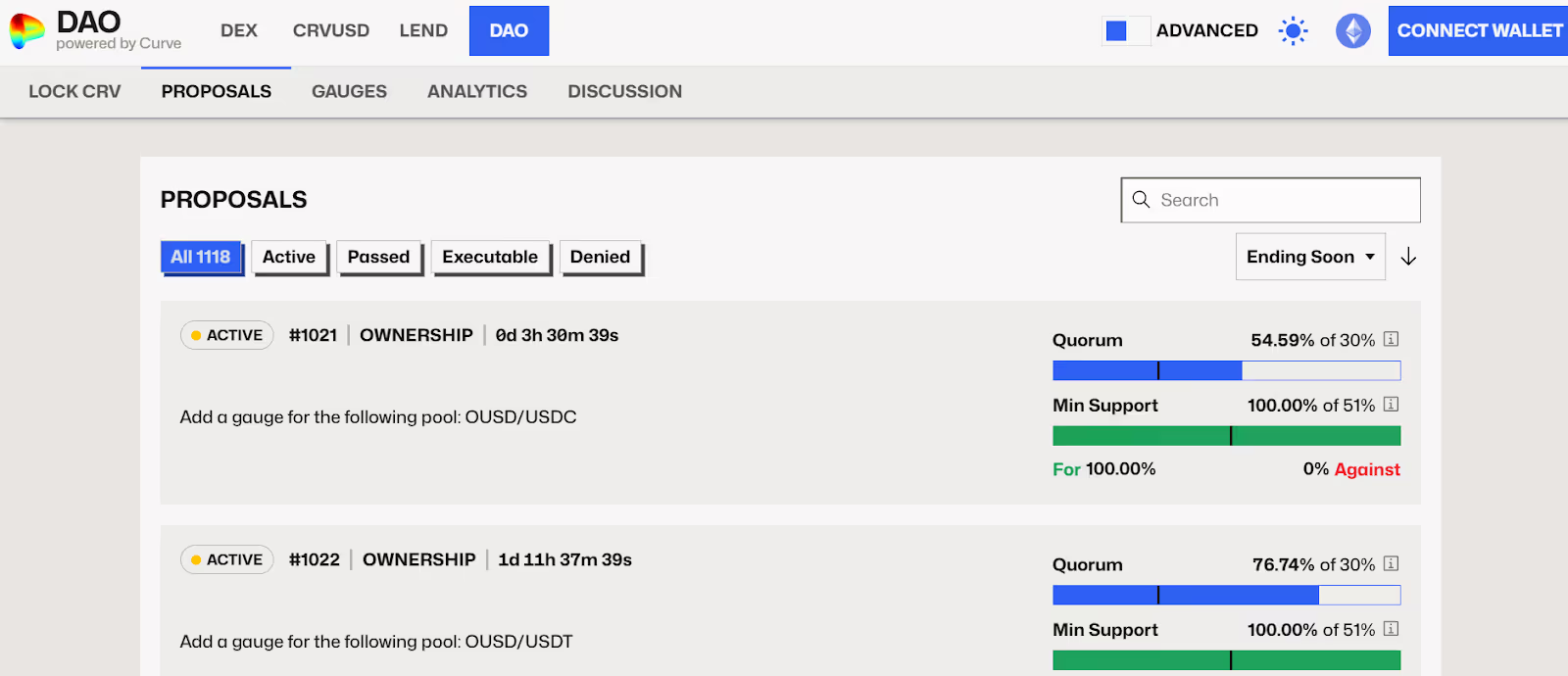
Concerning stablecoin trading, Curve DAO focuses on low fees and reducing slippage while improving efficiency. It allows liquidity provisioning between stablecoins and wrapped tokens. It is quickly becoming a popular place for DeFi users looking to trade their stablecoins in a reliable manner and risk-free liquid pools.
● AMM-based trading
● Liquidity pools for stable pairs
● Gauges and voting via CRV
● Supports multiple blockchain networks
● Slippage & impermanent loss management
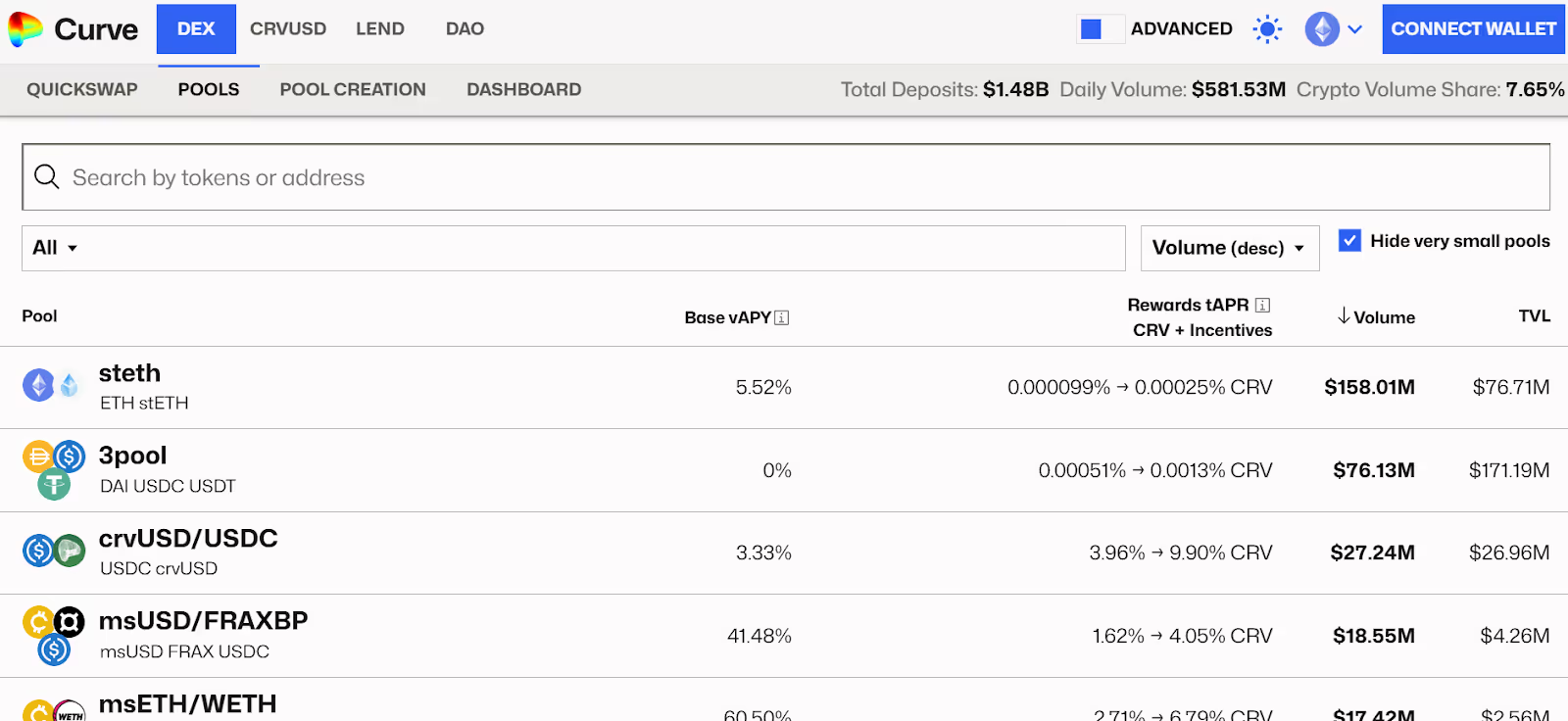
Curve’s liquidity pools are optimized for tokens with similar values, making stablecoin trades smoother with lower trading fees.
Liquidity pools on Curve are specially tuned for tokens with an equal value providing stablecoin trades a smoother path with lower trading fees.
Holders of the CRV token can vote on platform rules, pool rewards, and protocol upgrades, therefore giving users direct control over the exchange.
Curve leverages Ethereum, Arbitrum, Polygon, and others, which is a good thing for users dealing with stable assets on different blockchain networks.
● Deep liquidity on many pools
● Active DeFi integrations
● User autonomy & governance
● Interface may feel technical or outdated
● Not ideal for trading volatile assets
● Requires extra knowledge for advanced features
Fees apply depending on the blockchain used.
If you use a lot of stablecoins often, or you are providing liquidity in low-risk pools, then Curve is the decentralized crypto exchange for you. Pairing Curve with Wallet Finder.ai can help you analyze which wallets are making steady profits through the real-time profit/loss and investment graphs for users watching stablecoin whales or pool movements.
Getting started with a decentralized crypto exchange is not complicated. Here is a step-by-step guide to help you trade safely and with more confidence:
Firstly, determine a DEX that works for your trading objectives.
If you regularly swap stablecoins, you would be better off on Curve. In contrast, for Solana tokens, Jupiter is the go-to destination. Each exchange has its advantages that suit your specific tokens and risk tolerance.
You will need a compatible wallet to use any DEX.
MetaMask is great for Ethereum DEXs such as Uniswap and dYdX. You may use Phantom for Solana or Trust Wallet for BNB Chain. Remember to back up your recovery phrase and store it safely.
If you keep your funds on a centralized exchange like Coinbase or Binance, transfer some to your wallet. Likewise, move your assets to the right blockchain network using a bridge if your wallet sits on the wrong chain.
Before trading, learn important terms like slippage, liquidity pools, and gas fees. Remember that the control over your funds is entirely in your wallet; hence, each click counts. In DeFi, nothing can be undone.
Once installed, the Wallet FInder.ai tool will make it easy to track the best wallets and trades across decentralized exchanges. This tool also informs you about which wallets generate a profit and which tokens and their trading habits are associated with them.
Wallet Finder.ai is really fast, too. Data loads in under 2 seconds, even with filters applied for blockchain or wallet statistics. You will also have a flexible experience, with the power to move columns, filter by custom statistics, and even export the data. It is the evolved smart trade method based on actual performance, not just hype.
The way people trade has transformed with decentralized crypto exchanges. Instead of a third party centralized platform requiring you to keep your funds with them, you can now have the complete freedom through your own digital wallet. You now trade directly, on-chain, and with more transparency.
More control usually means more responsibility. Always verify the tokens you are trading, understand the risks with liquidity pools, and always cover your honey basics.
Tools like Wallet Finder.ai can help you trade smarter, not just faster. It indicates which wallets were consistently profitable and what tokens they are buying or selling; it allows one to filter all of that across multiple blockchain networks
Start tracking smarter trades today with Wallet Finder.ai. Use advanced filtering, wallet discovery and analytics built for serious DeFi traders.